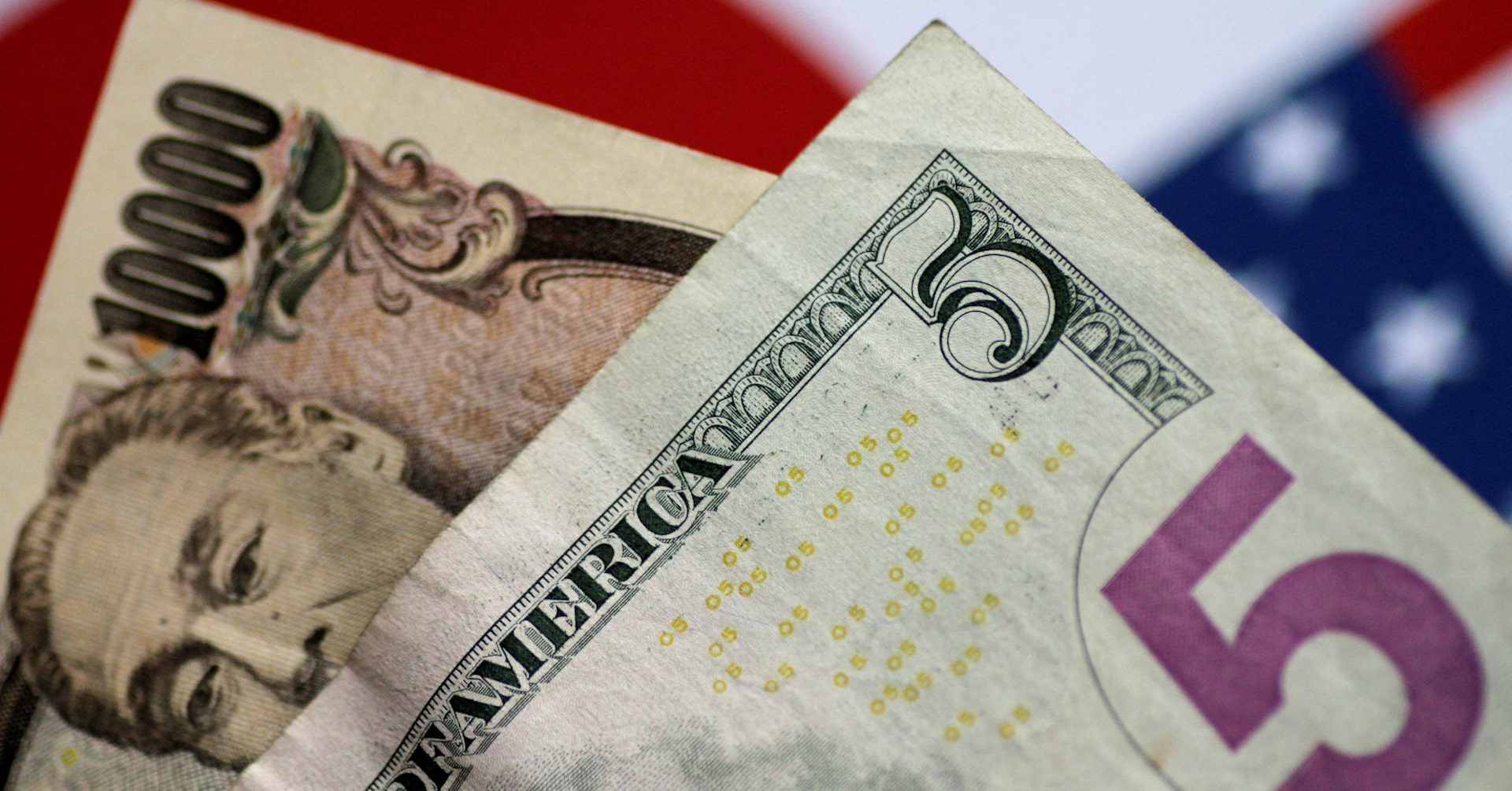SINGAPORE, Feb 28 (Reuters) – Investors, concerned about U.S. President Donald Trump’s impending tariffs, triggered a wave of selling on Friday in risk-sensitive currencies such as the Australian dollar, caused a drop in bitcoin, and provided safe-haven support to the U.S. dollar. On Thursday, Trump confirmed that his proposed tariffs of 25% on Mexican and Canadian goods would take effect on March 4, along with an additional 10% duty on Chinese imports, defying expectations of a delay. This risk-off sentiment intensified during the trading session, with cryptocurrencies among the hardest hit. Bitcoin fell over 5% to $79,125.53, its lowest since November 11, while Ether dropped more than 5% to a 13-month low of $2,099.37. Both tokens were on track for their steepest monthly declines since June 2022. “Bitcoin’s fall below $80,000 shows that positive sentiments from a crypto-friendly administration have run their course,” said Joshua Chu, co-chair of the Hong Kong Web3 Association. The Australian dollar slid 0.4% to its lowest in over three weeks at $0.62105, while the New Zealand dollar fell over 0.5% to $0.5599. The euro struggled at a two-week low of $1.0380. “Markets were shaken out of tariff complacency,” said Sim Moh Siong, currency strategist at Bank of Singapore. The Canadian dollar slipped to a more than three-week low of C$1.4452. Against a basket of currencies, the U.S. dollar hit a two-week high of 107.42, extending its 0.8% jump on Thursday. Sterling fell 0.17% to $1.2580, but was set to end the month with a gain of over 1.6%. The Japanese yen fell 0.1% to 149.91 per dollar, though it was set to rise 3.5% for the month. Core consumer prices in Tokyo slowed in February but remained above the Bank of Japan’s 2% target. — news from Reuters
